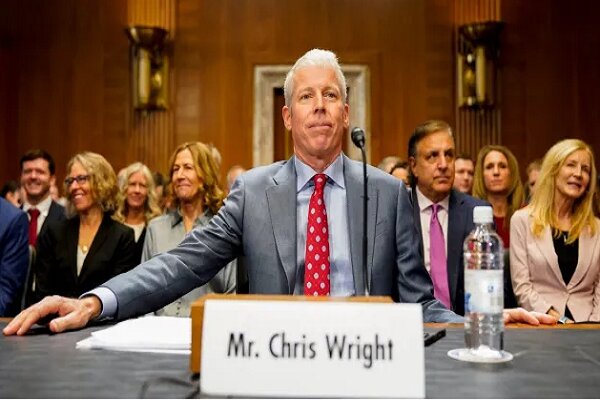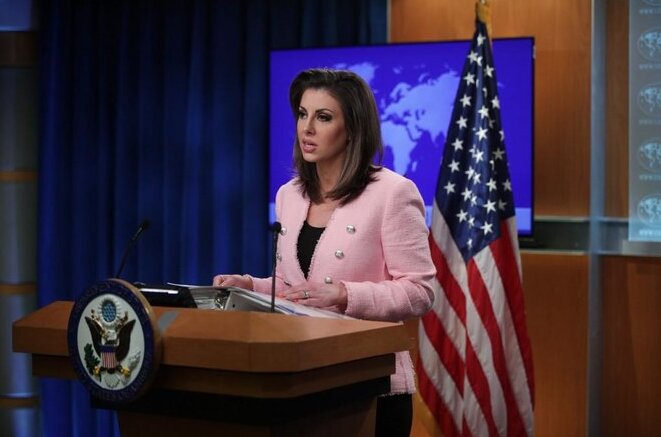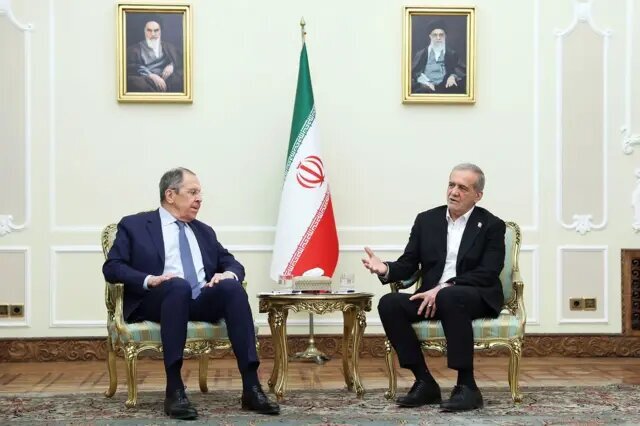US Senate Greenlights Chris Wright as New Energy Secretary: A Bold Move for America’s Energy Future!
The recent nomination of Wright as the head of a key energy position has garnered significant attention. His background as the CEO of Liberty Energy, a Denver-based company specializing in hydraulic fracturing services for the oil and gas industry, positions him as a pivotal figure in the ongoing discussions surrounding energy independence and fossil fuel policies in the United States.
In a recent vote, the upper chamber of Congress approved Wright’s nomination with a tally of 59-38, according to reports from Xinhua. This outcome reflects the Republican Party’s growing influence in the Senate, where they currently hold a majority. With the requirement for presidential appointments typically being a simple majority of 51 votes, President Donald Trump is poised to advance his cabinet selections with relative ease.
Wright’s nomination is significant for several reasons:
- Support for Fossil Fuels: Wright has been a vocal advocate for policies that bolster the fossil fuel industry, which aligns with the current administration’s focus on energy independence.
- Climate Change Skepticism: His past statements indicate skepticism about the connection between climate change and extreme weather events, a stance that could influence future energy policies.
- Impact on the Oil and Gas Sector: As CEO of Liberty Energy, his leadership is likely to drive initiatives that favor traditional energy sectors, potentially shaping regulatory frameworks.
As the CEO of Liberty Energy, Wright has played a crucial role in the hydraulic fracturing services sector, which has become a contentious topic in energy discussions. Hydraulic fracturing, commonly known as fracking, has enabled a significant increase in domestic oil and gas production, positioning the United States as a leading energy producer globally. However, this practice has also raised environmental concerns, particularly regarding its impact on water resources and greenhouse gas emissions.
With a strong backing from the Republican Party, Wright’s appointment may lead to a more aggressive push for deregulation of the energy sector. The Republican majority in the Senate not only facilitates the confirmation of Wright but also sets the stage for further appointments that may prioritize fossil fuel interests over renewable energy initiatives.
Key points to consider about the implications of Wright’s nomination include:
- Policy Direction: His leadership could steer energy policy towards a more fossil fuel-centric approach, affecting investments in renewable energy technologies.
- Regulatory Changes: Wright may advocate for reducing regulations that currently govern oil and gas operations, potentially leading to increased production but also heightened environmental risks.
- International Energy Relations: As the U.S. solidifies its position as a top energy producer, Wright’s policies may influence international relations, especially with countries reliant on energy imports.
The confirmation of Wright is part of a broader strategy by the Trump administration to solidify its energy agenda. With the oil and gas industry facing increasing scrutiny from environmental groups and some policymakers, Wright’s appointment may serve as a counterbalance to those concerns. His experience and connections within the industry could prove invaluable as the administration seeks to bolster domestic energy production.
Additionally, the implications of his leadership extend beyond domestic concerns. As the global energy landscape evolves, Wright’s policies may also impact how the United States engages with other nations on energy matters. The balance between fostering domestic energy independence and addressing global climate commitments will likely be a focal point during his tenure.
In summary, Wright’s nomination as the head of a key energy position reflects the current administration’s commitment to promoting fossil fuel development. With a Senate majority backing his appointment, there are few hurdles left for President Trump to navigate. The focus on energy independence and the support for traditional energy sectors indicate a significant shift in U.S. energy policy that could have lasting effects on both the domestic and international fronts.
As discussions around climate change and energy transition continue to evolve, the implications of Wright’s leadership will be closely monitored by both supporters and critics alike. The energy sector stands at a crossroads, and Wright’s role may very well dictate the future trajectory of U.S. energy policy.






